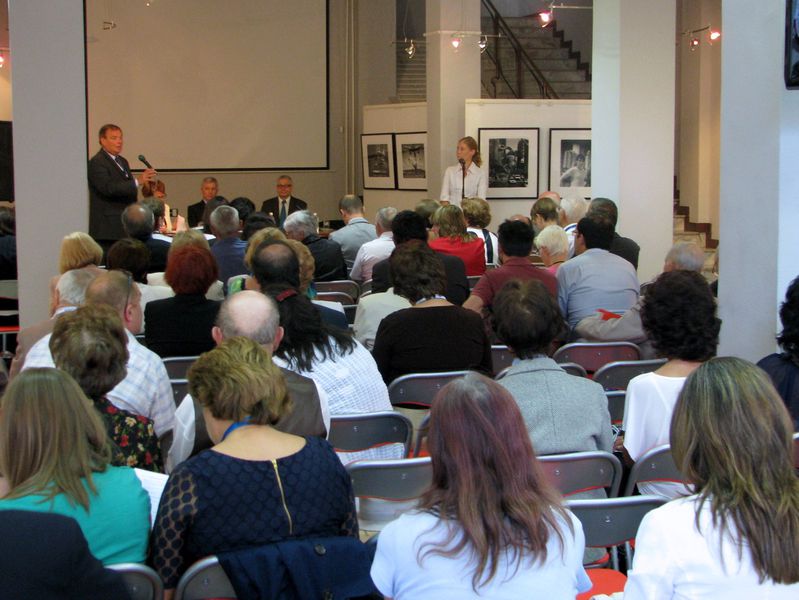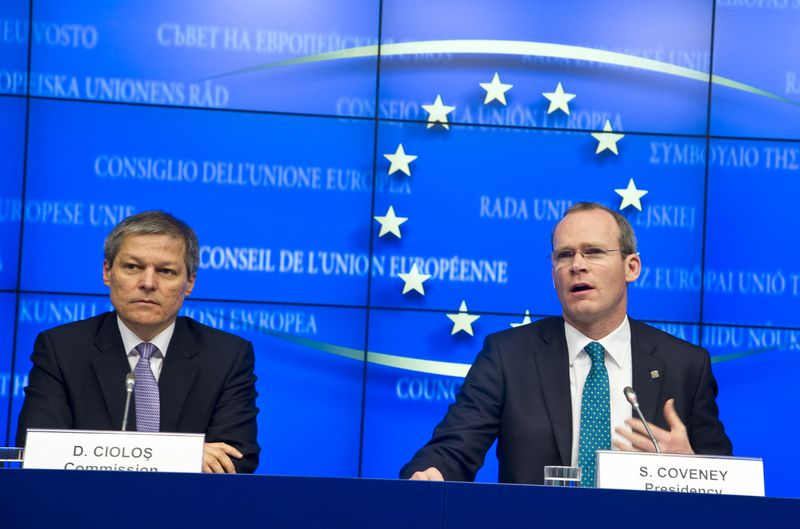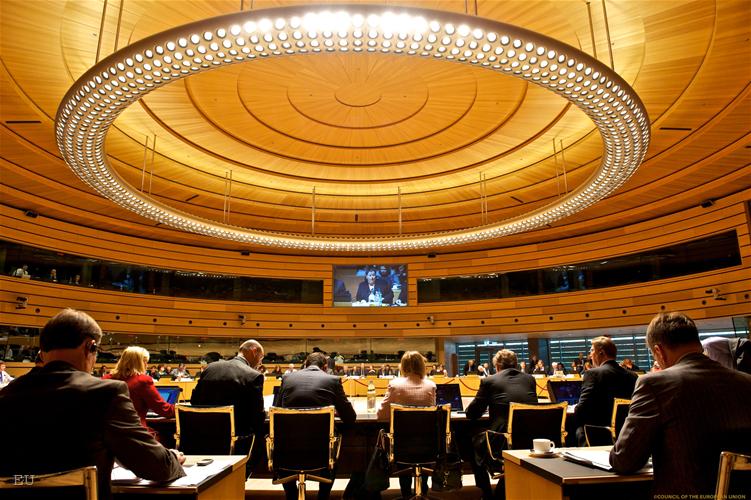Unanimity about the benefits of EU's agricultural policy
Adelina Marini, April 16, 2010
 In the first days since the beginning of the debate on reforming the Common Agricultural Policy (CAP), the start of which was given on Monday by the European Commissioner for Agriculture Dacian Ciolos, it seems there is unanimity regarding the need of CAP. Most of the comments on the special website for the debate note that the CAP is necessary and has to remain because it is related to food and we will always need food. Some opinions even compare agricultural policy to a defense policy because of its role for the abolition of starvation in Europe after the World War II.
In the first days since the beginning of the debate on reforming the Common Agricultural Policy (CAP), the start of which was given on Monday by the European Commissioner for Agriculture Dacian Ciolos, it seems there is unanimity regarding the need of CAP. Most of the comments on the special website for the debate note that the CAP is necessary and has to remain because it is related to food and we will always need food. Some opinions even compare agricultural policy to a defense policy because of its role for the abolition of starvation in Europe after the World War II.
The main arguments in support of the CAP are that its price is insignificant compared to its benefits.
Aside from farmersa lot of scientists from specialized universities, experts, former servants in the European Commission and also owners of companies took part in the debate, as was the case with two Bulgarians. The discussion is being held in the form of questions to which the participants answer. The questions are four: Why do we need a European common agricultural policy? What do citizens expect from agriculture? Why reform the CAP? What tools do we need for the CAP of tomorrow?
According to Ivaylo Dinkov, the CAP is necessary in order to give opportunity, no matter of the various climate conditions, every European to have access to agricultural products in all member states. He also thinks that the policy has to be reformed because currently it is more benevolent to large producers and the small ones, who have the biggest need of assistance, do not manage to get funding.
Another Bulgarian Ivan Hristov says that the new CAP should focus more on ecological and bio farming, without genetically modified organisms, equality of all farmers within the EU, tight control on quality and forcing large supermarket chains to buy off at least 60% of the production of local producers.
Thomas Kattakayam from the University of Ulster, Northern Ireland, also attacks big supermarket chains and says that a balance must be found between the profits of hypermarkets, distributors and producers. Besides, he thinks, the farms must develop as an alternative to the big city - the serenity and silence closer to nature. And it would be good if farms are used to teach children where milk and food come from and how not to waste it. He heavily criticizes the model of debating on CAP because, he says, farmers are working all day long and have no time to hang around a computer to debate.
Most of the opinions are that in fact the agricultural policy protects best distributors and suppliers and not producers. For example largest support from CAP have received so far the biggest industrial producers (sugar cane producers, big dairy farms etc.). Another significant weakness of the current policy is that it does not provide a clear protection against GMO, it also creates the feeling that industrial farming is something good and remains with no care at all for small producers which are supposed to be the spine of this policy.
The fact that payments are not bound to results is also criticised. Some opinions even show that CAP has totally lost its initial purpose and there is great danger that it can be overthrown by the World Trade Organisation, which will destroy European agriculture and will force Europeans to consume imported food.
The debates will continue on the website by June 2010 and then an independent body will generalize the results. They will be discussed at a special conference, organised by the European Commission in July this year. And in the end of the year the Commission will present its vision about reforming CAP for the period after 2013.
 | © Polish Embassy in Sofia
| © Polish Embassy in Sofia | © Council of the EU
| © Council of the EU | © EU
| © EU